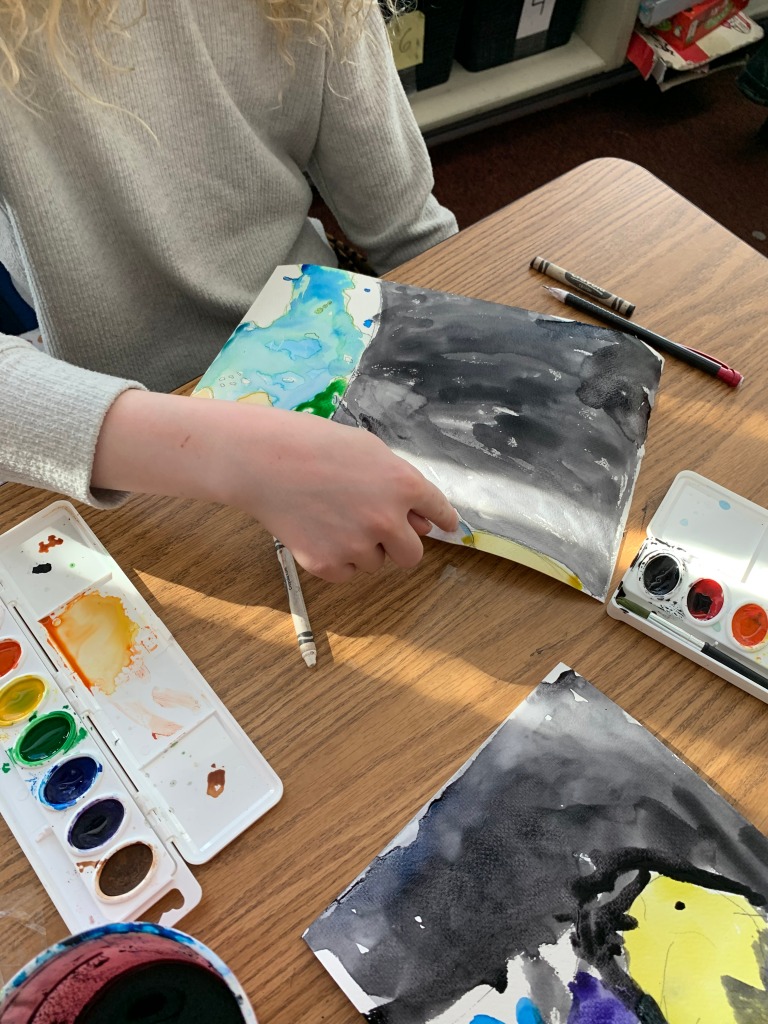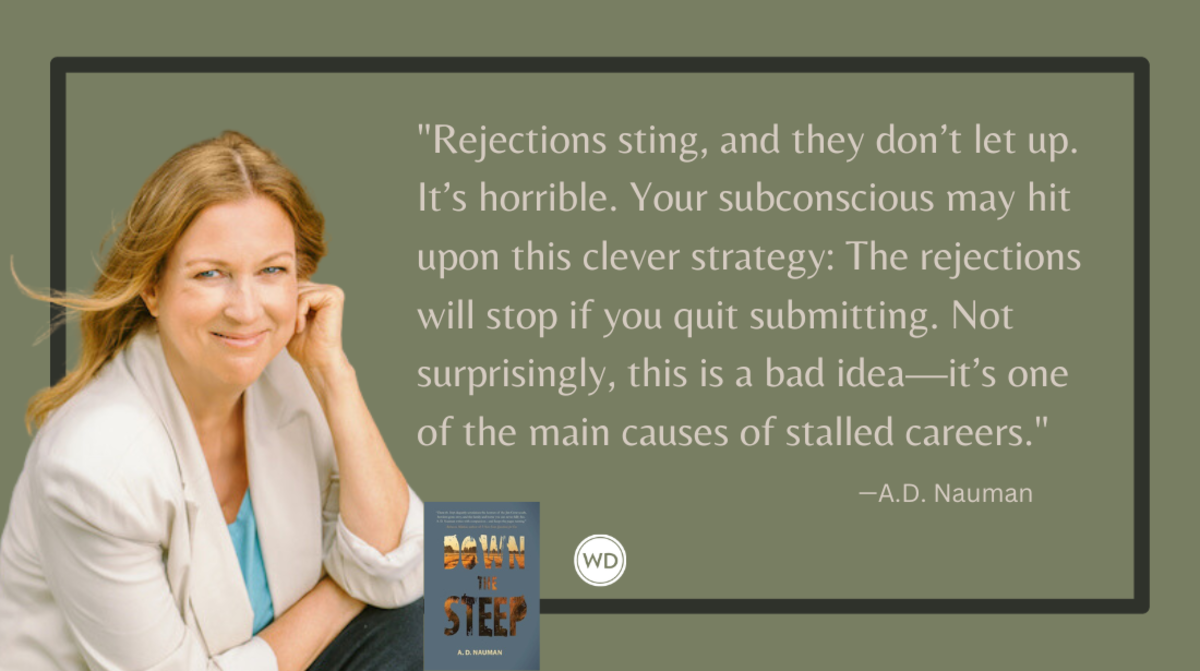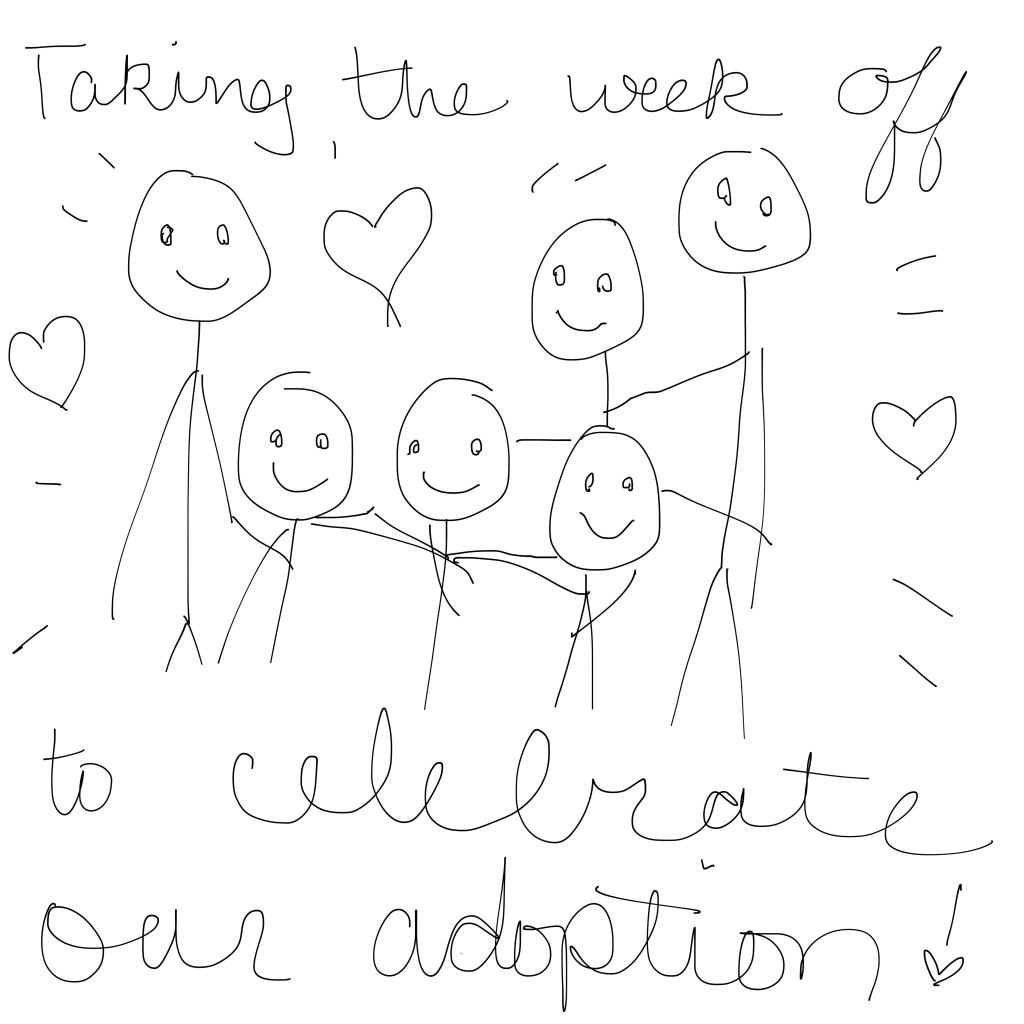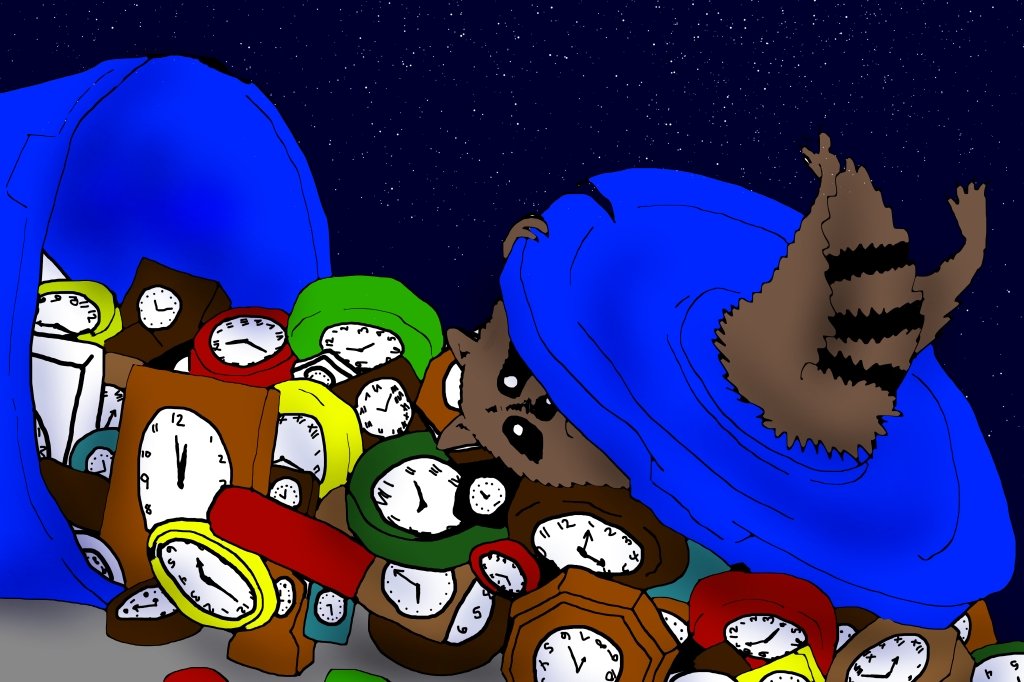I was chatting with a sibling-in-law a few weeks ago and realized, rather abruptly, that someday, maybe a lot sooner than I had previously thought, I might not be able to type anymore. That the mounting pain in my fingers and the ever-more-frequent hand injuries could eventually build up to the point that I wouldn’t be physically able to write or make art anymore. So I sat on the floor and cried for a little bit. As one does.
After attempting such internet queries as “How to type without hands” (which was bizarrely unhelpful—why would I need typing lessons if I didn’t have hands?), I had to reeeally get into the Reddit and YouTube weeds to find anything even remotely helpful. In the end, I mostly just had to come up with these things off the top of my head, so if you have any other tips or tricks in your toolbag, drop them in the comments below! (Seriously, please drop them in the comments, I am begging you.)
I divided my list of ideas into a favorite childhood candy, Now and Later. Some of this stuff I am kind of already needing to implement just to get through particularly writing heavy weeks at school. (I’m looking at you, two-weeks-ago.) I already really feel it in the phalanges when I have to type a lot, and especially when I hand write things with pens and pencils, which are just getting harder and harder to hold firmly. But there are other things that I hopefully won’t have to start using until a little further down the line.
Things I Can Do Now:
Go slowly. Seriously. Sometimes I have to take it one paragraph at a time. Just a few sentences, and then go take a break. It sucks and I hate it, and it makes it hard to really build complex and coherent thoughts in one go, but it’s better than the alternative. Fun fact: this blog took me three weeks to write. ☹
Type deliberately. I started thinking a little more closely about the words I wrote when each word started to make my hands ache just a little more.
Write less. The wordcounts of these posts have started to shrink a bit. I have started skipping weeks when my hands feel like trash and writing a longer post on top of the schoolwork just isn’t in the cards. I am not necessarily okay with this. But I think I’m gonna have to learn to be.
Stab tennis balls. Haha, you read that right. Since gripping pencils/pens/brushes/etc. is becoming more difficult (aka art is becoming more difficult), some very helpful internet person suggested drilling a hole through a tennis ball (or whatever size ball is comfortable to grip) and then stabbing the writing utensil into it, thus making a cheap, gigantic DIY pencil grip. (And I know this one doesn’t have to do with typing, but I’m counting it under the blogging umbrella.) I haven’t tried it yet, but this one is looming near on the horizon. Which leads us to…
Things for the Future:
Use speech to text. I’m pretty sure that my tongue gets possessed by demons every time I attempt this, but maybe you’re a person who is capable of speaking a story and having it come out with any degree of grace or coherence. If so, speech to text is a great option with zero strain on the digits! I hate it but might have to get over that.
Use finger splints. Also known as hypermobility/arthritis/ring splints. Some of these are pretty bleh, but a lot are super cool looking, like intense metal jewelry that you might find on the fingers of a sexy lich queen cosplayer in downtown Seattle. These are the one thing on the list that I’m actually kind of looking forward to, haha.
Create video posts. On weeks when I’m just really not feeling it, I can try video posts until I feel a little more functional. Full scripts can get pared down to talking points to minimize necessary text and hand strain, and I’m sure you’ll all forgive my incoherent babbling. I’m sure.
So I might find myself employing more of these little workarounds in the future, especially in times when I have to reserve more of my finger capacity for other stuff—or when there just isn’t any finger capacity to be had. All this being said, I’m still going to try really hard to maintain the weekly blog schedule as much as possible. I don’t want to just give up on all the things I like (because, tragically, most of my hobbies—writing, drawing, painting, piano, bass, archery, the-making-and-eating-of-insane-amounts-of-bread, etc.—are pretty finger intensive), but I’m going to have to at the very least rethink how I do them.
So seriously, tips and tricks in the comments, please and thank you.
And until next week! Love you all to bits, and happy writing!








